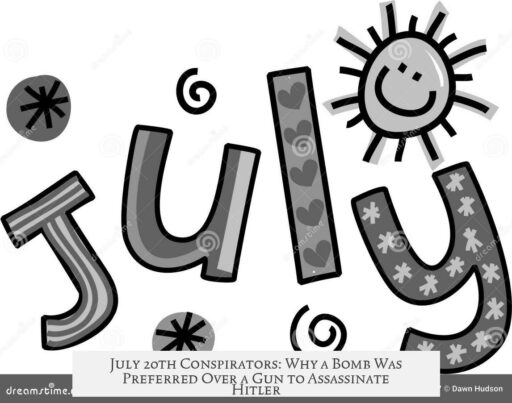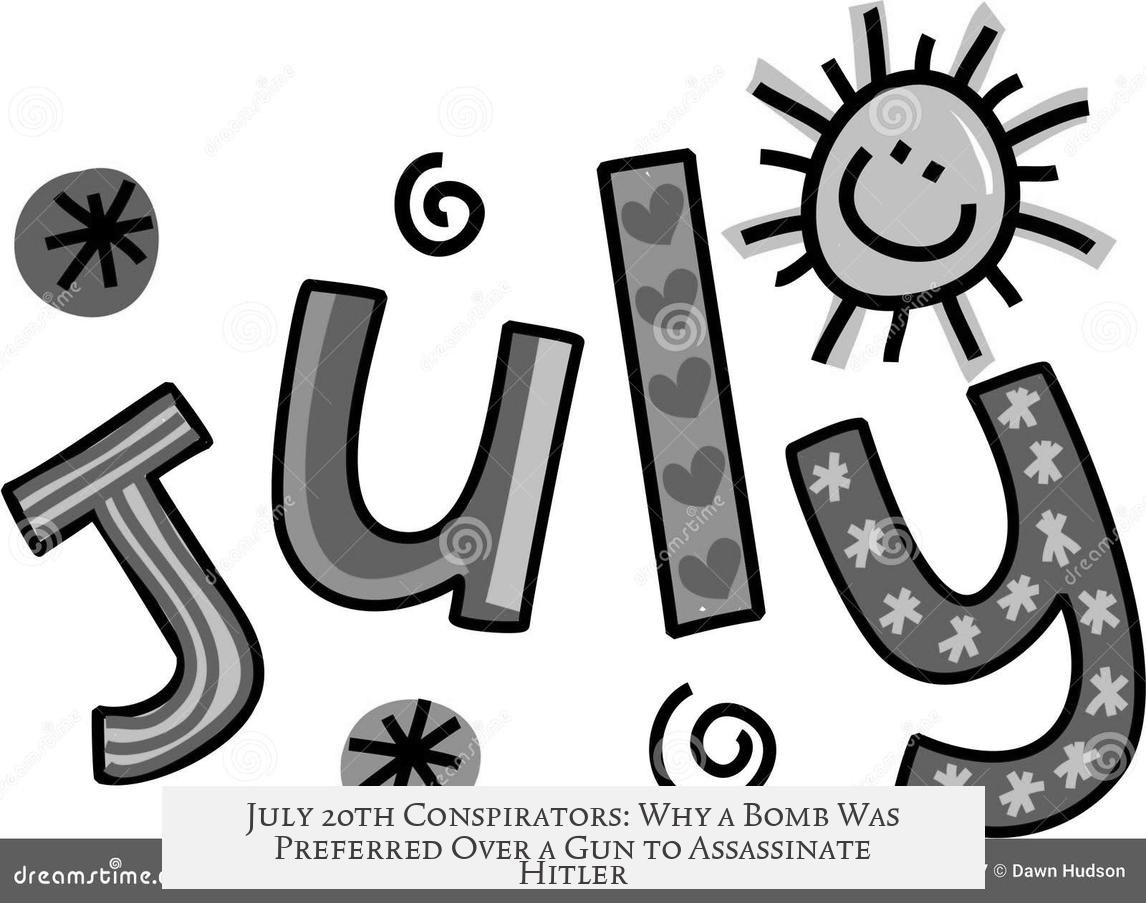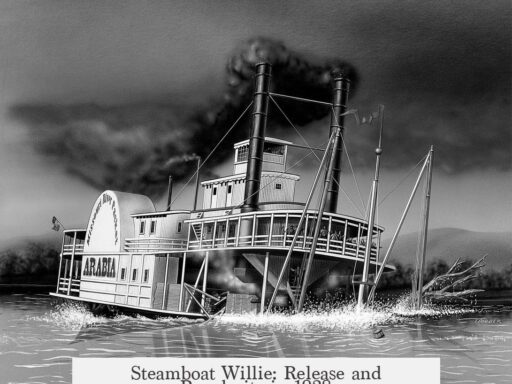The July 20th conspirators chose to use a bomb instead of a gun to kill Hitler because their goal extended beyond just assassinating him; they aimed to destroy his ideology and promptly launch a coup. Directly shooting Hitler was strategically unfeasible due to his tight security, the presence of armed guards, and the need to maintain distance to survive and organize their plans.
The conspirators understood that merely shooting Hitler would eliminate him as a person but not necessarily dismantle the regime or its ideology. Using an explosive device created significant confusion. An explosion in the Wolf’s Lair took time to penetrate through the chain of command and gave the conspirators crucial minutes to act and seize power.
Another key strategic reason was avoiding direct association with the assassination. With limited forensic capabilities at the time, framing the SS for the bombing was feasible and could sway public opinion, painting the plot as an internal SS coup. This narrative helped legitimize the conspirators’ subsequent actions.
Logistical challenges also heavily influenced their choice. By 1944, Hitler rarely appeared outside his secure bunker and moved under heavy protection. Shooting him was nearly impossible since many armed guards surrounded him and would retaliate instantly against any gunman. Most attendees were unwilling to risk immediate death in a close-range attack.
The conspirators needed to survive the initial event to coordinate the power takeover. Direct gunfire would have placed them in immediate danger. Using a bomb allowed them to maintain physical and psychological distance from the assassination, increasing their chances to act effectively afterward.
- Bombing caused confusion, enabling a swift coup before clarity emerged.
- Framing the SS helped legitimize the resistance in public eyes.
- The goal was to kill Hitler’s ideology, not just the man himself.
- Hitler’s heavy security made shooting nearly impossible.
- Bombing increased conspirators’ survival chances and ability to act.
- Immediate retaliation risk by armed guards deterred a shooting attempt.
World War II – Why Didn’t the July 20th Conspirators Just Shoot Hitler Instead of Using a Bomb?
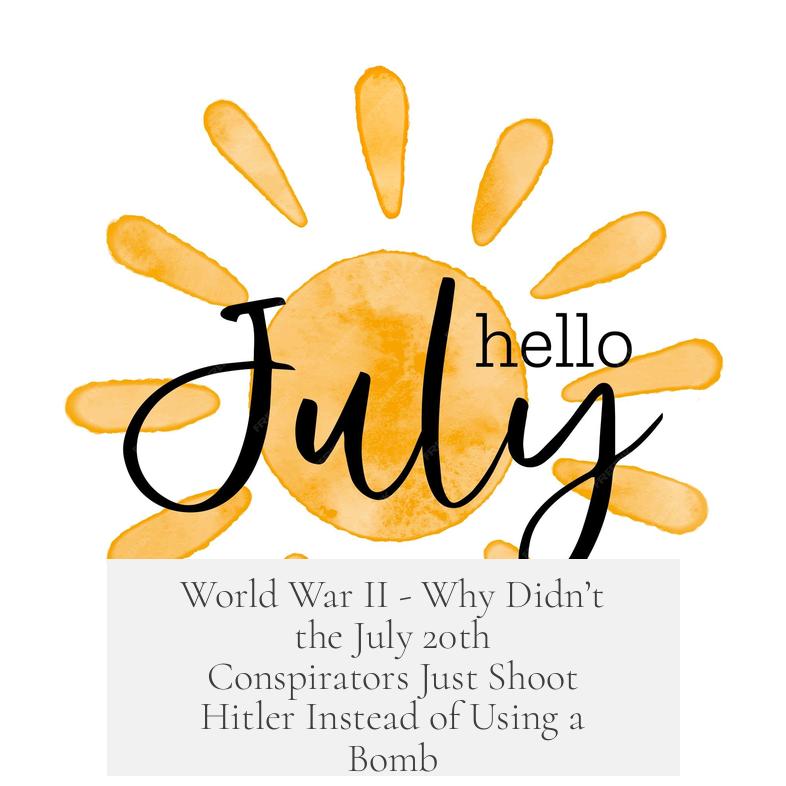
The July 20th plotters didn’t rely on a gun because blowing up Hitler with a bomb suited their goals better than a direct shot ever could. That’s right—despite multiple chances, they avoided the easy “pop a cap” option. Why? Let’s pull back the curtain and explore this strategic chess game behind one of World War II’s most famous assassination attempts.
On the surface, shooting Hitler looks straightforward. A single bullet, job done. But war, politics, and especially Hitler’s iron-fisted reign aren’t that simple. The conspirators had *bigger* plans. Killing Hitler was just the first move—they wanted to *crush* his ideology and seize power immediately afterward. Let’s unpack this with a bit of war-room wisdom.
Maximizing Chaos with a Bang, Not a Bullet

Using a bomb wasn’t about theatrics—well, maybe a little—but about creating utter confusion in Hitler’s high command. Imagine this: an explosion rocks the Wolf’s Lair, the nerve center of Nazi power, throwing everyone into disarray. No immediate answers. Orders scramble down a chain entangled in smoke and suspicion.
This was deliberate. The conspirators knew that **chaos is a weapon**. An explosion would stall any swift response, buying time to launch their coup. A subtle shot? It could quickly lead to pinpoint blame and fast retaliation.
A Gunshot Would’ve Given Away the Game
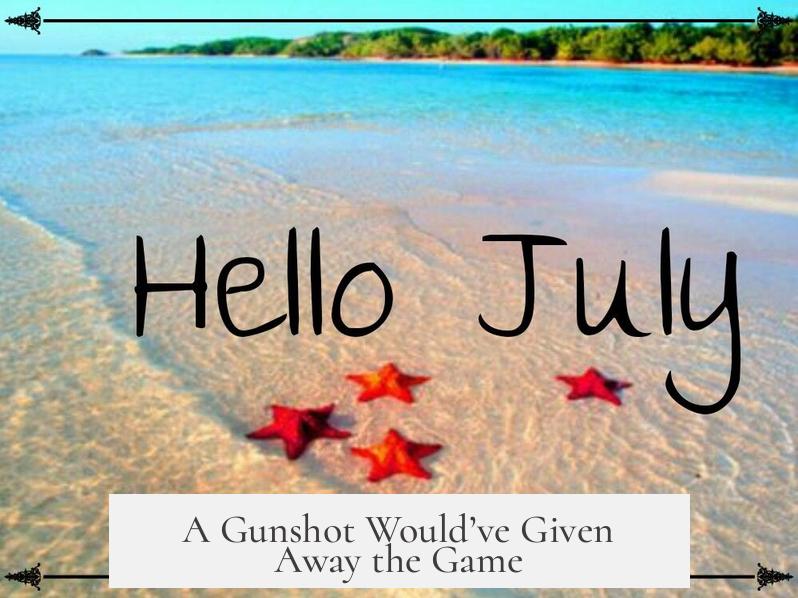
Here’s the kicker: if someone simply shot Hitler, the blame plain and simple would fall on that person and those immediately connected. The conspirators wanted to avoid this like the plague. Instead, a bomb blast allowed them to craft a plausible story that the Schutzstaffel (SS), Hitler’s fiercely loyal paramilitary force, had turned on him.
Without today’s forensic technology, a bomb scene was messy enough to disguise identities. The high command could, on short notice, spin the assassination as an SS coup attempt. This narrative would sway public opinion—and mercilessly isolate or eliminate loyalists—making the transition smoother for the conspirators.
Shooting Hitler Didn’t Mean Killing the Nazi Beast

Ask yourself: would merely executing Hitler kill Nazism? No way. These plotters aimed to destroy more than just a dictator; they targeted the venomous ideology that fed his rule.
A bomb in his secured bunker symbolized a total rupture. It was *loud*, *final*, and sent a clear message about uprooting the regime, not just trading one leader for another. This ideological “assassination” demanded a method that felt like a seismic event, not a quiet bullet.
Security Tight and Guns Aboard: Why Getting Close Was a Nightmare

This isn’t a James Bond flick. By 1944, Hitler’s security had tightened tighter than Fort Knox. His appearances outside the bunker were rare and swarming with guards. This fortress-like protection meant gun access was near impossible.
Try to imagine brining a gun into the Wolf’s Lair undetected, let alone getting a clean shot amid dozens of heavily armed officials. Add to that the *risk of retaliation*—shooting Hitler wasn’t a solo move; it meant facing an entire swarm of loyalists ready to turn their weapons on you immediately.
The Conspirators Wanted to Stay Alive—Guns Put That at Risk
Here’s the pragmatic truth: most people aiming for a hit want to live afterward. Attempting a direct shooting meant almost certain instant death—that’s not much of a winning strategy.
With 30 or more men wielding guns around Hitler, trying to flamboyantly shoot him was a death sentence. Bullets would fly, and not all would come from one side. The conspirators understood this harsh reality and opted for a plan offering them distance and a better chance to survive long enough to make their power grab.
Distance Means Power: Staying in the Shadows to Strike
Their coup didn’t stop at killing Hitler. It was about *seizing* control, swiftly and decisively, right after the blast. This required the conspirators to remain at least temporarily unscathed and not painted as the criminals responsible for Hitler’s death.
A bomb allowed them to fade into the background shadow of confusion, enabling them to mobilize the reserve army, take key locations, and broadcast their new authority. A direct shooting would have tied them to the crime instantly, decimating their ability to act.
In a Nutshell: Why Boom Beat Bang
- Bomb maximized disorder, making it easier to launch a coordinated coup.
- It allowed the conspirators to paint the murder as an SS betrayal, shaping public opinion and command response.
- Targeting the ideology meant the assassination needed to be a statement, not just a sniper’s kill.
- Staying alive and unlinked to the killing was crucial for the conspirators’ follow-up plans.
- Hitler’s heightened security, numerous armed guards, and immediate retaliation risk made shooting him with a gun almost impossible.
So next time you wonder why the July 20th plotters didn’t go full vigilante and shoot Hitler, remember it wasn’t fear or cowardice. It was a brutal calculation of strategy, survival, and the hope to topple an empire in a single decisive strike.
War plots aren’t just movies filled with dramatic shots. They’re complex, claustrophobic dances with danger. The 20 July conspirators played it smart—they chose confusion, subtlety, and symbolism through a bomb, hoping to kill the Nazi beast not just the man.
Have you ever thought about how a historian or military strategist might view a bullet versus a bomb today? Would modern intelligence change such plans? Probably. But back then, it was all about causing enough shockwaves to break the unbreakable. And for that, the bomb was their weapon of choice.
